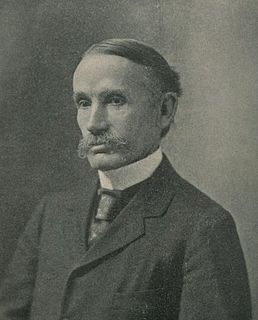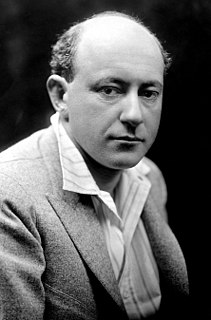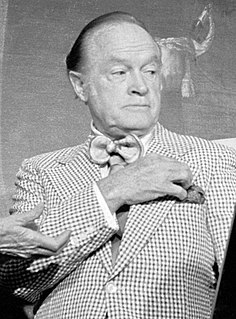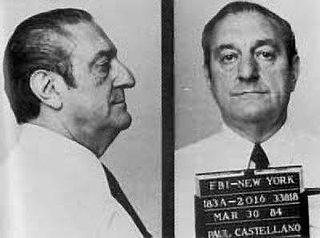A Quote by Ayn Rand
God help us, ma'am! Do you see what we saw? We saw that we'd been given a law to live by, a moral law, they called it, which punished those who observed it - for observing it. The more you tried to live up to it, the more you suffered; the more you cheated it, the bigger reward you got. Your honesty was like a tool left at the mercy of the next man's dishonesty. The honest ones paid, the dishonest collected. The honest lost, the dishonest won. How long could men stay good under this sort of a law of goodness?
Quote Topics
Am
Been
Bigger
Cheated
Collected
Could
Dishonest
Dishonesty
Given
God
God Help
God Help Us
Good
Goodness
Got
Help
Honest
Honesty
How
Law
Left
Like
Live
Live By
Long
Lost
Ma
Man
Men
Mercy
Moral
Moral Law
More
Next
Observed
Observing
Paid
Punished
Reward
Saw
See
Sort
Stay
Suffered
Those
To Live By
Tool
Tried
Up
Us
Which
You Cheated
Your
Related Quotes
Some false representations contravene the law; some do not. The law does not pretend to punish everything that is dishonest. That would seriously interfere with business, and, besides, could not be done. The line between honesty and dishonesty is a narrow, shifting one and usually lets those get by that are the most subtle and already have more than they can use.
None of us like the concept of law because none of us like the restraints it puts on us. But when we understand that God has given us his law to aid us in guarding our souls, we see that the law is for our fulfillment, not for our limitation. The law reminds us that some things, some experiences, some relationships are sacred. When everything has been profaned, it is not just my freedom that has been lost- the loss is everyone's. God gave us the law to remind us of the sacredness of life, and our created legal systems only serve to remind us of the profane judgments we make.
If he who breaks the law is not punished, he who obeys it is cheated. This, and this alone, is why lawbreakers ought to be punished: to authenticate as good, and to encourage as useful, law-abiding behavior. The aim of criminal law cannot be correction or deterrence; it can only be the maintenance of the legal order.
When you say there's too much evil in this world you assume there's good. When you assume there's good, you assume there's such a thing as a moral law on the basis of which to differentiate between good and evil. But if you assume a moral law, you must posit a moral Law Giver, but that's Who you're trying to disprove and not prove. Because if there's no moral Law Giver, there's no moral law. If there's no moral law, there's no good. If there's no good, there's no evil. What is your question?
The Gospel is temporary, but the law is eternal and is restored precisely through the Gospel. Freedom from the law consists, then, not in the fact that the Christian has nothing more to do with the law, but lies in the fact that the law demands nothing more from the Christian as a condition of salvation. The law can no longer judge and condemn him. Instead he delights in the law of God according to the inner man and yearns for it day and night.
Man has made 32 million laws since THE COMMANDMENTS were handed down to Moses on Mount Sinai more than three thousand years ago, but he has never improved on God's law. THE TEN COMMANDMENTS are the principles by which man may live with God and man may live with man. They are the expressions of the mind of God for His creatures. They are the charter and guide of human liberty, for there can be no liberty without the law.
The time has been in Israel under the law of God, the celestial law, or that which pertains to the celestial law, for it is one of the laws of that kingdom where our Father dwells, that if a man was found guilty of adultery, he must have his blood shed, and that is near at hand. But now I say, in the name of the Lord, that if this people will sin no more, but faithfully live their religion, their sins will be forgiven them without taking life
I was there. I saw your sons and your husbands, your brothers and your sweethearts. I saw how they worked, played, fought, and lived. I saw some of them die. I saw more courage, more good humor in the face of discomfort, more love in an era of hate and more devotion to duty than could exist under tyranny.
There are certain promises you make that are more sacred than anything that happens in a court of law,I don't care how many Bibles you put your hand on.Some of the promises,it's true,you make to young,before you really have an understanding of what they mean.But once you've made those first promises,other promises are called for.And the thing is you can't deny the new ones without betraying the old ones.The promises get bigger,there are more people to be hurt and disappointed if you don't live up to them.Then, at some point, your called upon to make a promise to a dying man.
Before us lie two paths - honesty and dishonesty. The shortsighted embark on the dishonest path; the wise on the honest. For the wise know the truth; in helping others we help ourselves; and in hurting others we hurt ourselves. Character overshadows money, and trust rises above fame. Honesty is still the best policy.
There are only two kinds of men in this world: Honest men and dishonest men. ...Any man who says the world owes him a living is dishonest. The same God that made you and me made this earth. And He planned it so that it would yield every single thing that the people on it need. But He was careful to plan it so that it would only yield up its wealth in exchange for the labor of man. Any man who tries to share in that wealth without contributing the work of his brain or his hands is dishonest.





































